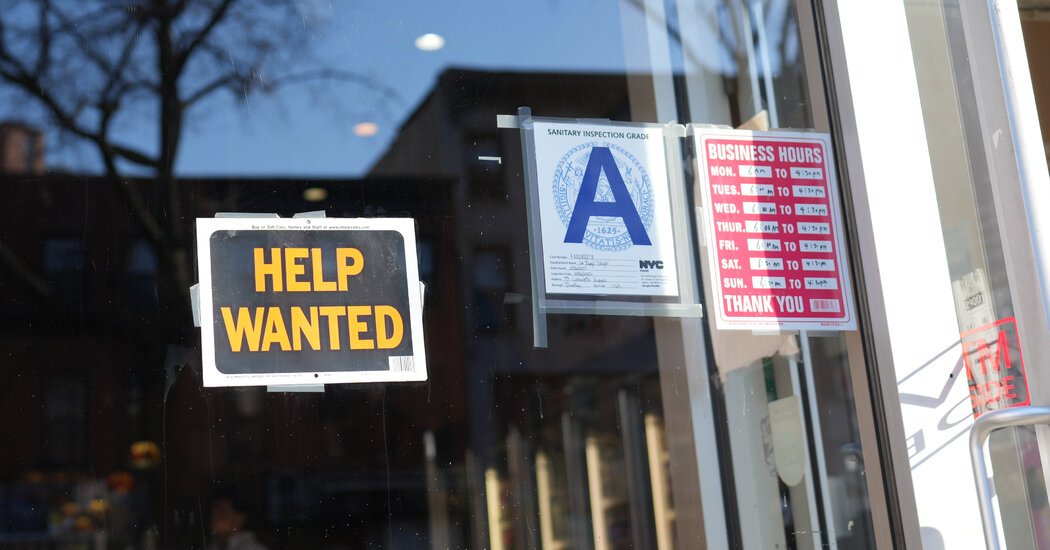In cities from New York to Vienna, new short-term-rental restrictions — designed to improve housing availability for residents — are poised to boost the bottom lines at hotels. In New York in November, shortly after Airbnb and the like were limited to stays of 30 days or longer, hotel occupancy was up 6 percent and rates were up 8 percent, according to the commercial real estate firm CoStar.
However, travelers working remotely continue to favor rentals, which remain strong in rural areas where there are more rentals than hotels.
“We’ve seen the strongest demand in small and midsize cities, coastal and mountain locations and areas outside of major urban centers,” said Jamie Lane, the senior vice president of analytics and chief economist at AirDNA, a market research firm that specializes in short-term rentals. “Hotel supply is primarily in larger urban centers or along interstates,” he added.
Though rentals are expected to account for just over 15 percent of lodging demand in 2024, compared to about 12 percent before the pandemic, they have profoundly challenged hotels. In response, hotels have adopted more residential features.
“Hotels have taken a page from the short-term-rental playbook and said, ‘We want our restaurants open to the public and we want rooms not to be beige boxes,’” said Jan Freitag, the national director for hospitality analytics at CoStar. “On the amenities side, the room that used to be a place to crash now has to serve as an office.”
With features such as kitchenettes and expanded living spaces, extended-stay hotels are booming. New brands expected to debut this year include MidX Studios from Marriott, LivSmart Studios by Hilton and Hyatt Studios.
“We’ve never seen ourselves as in competition with hotels,” said David Whiteside, the global chief operating officer at Onefinestay, which rents high-end homes and apartments with concierge service. It was acquired by Accor Hotels in 2016. “There will be times when a hotel is the perfect fit for a family or individual, and times when a home, villa or chalet would be the better option.”
Meanwhile, hotels are leaning into what distinguishes them most: the human element.
Makarand Mody, an associate professor of hospitality marketing at Boston University, noted that “certain travelers appreciate the service of hotels, which is where they outshine rentals.”







